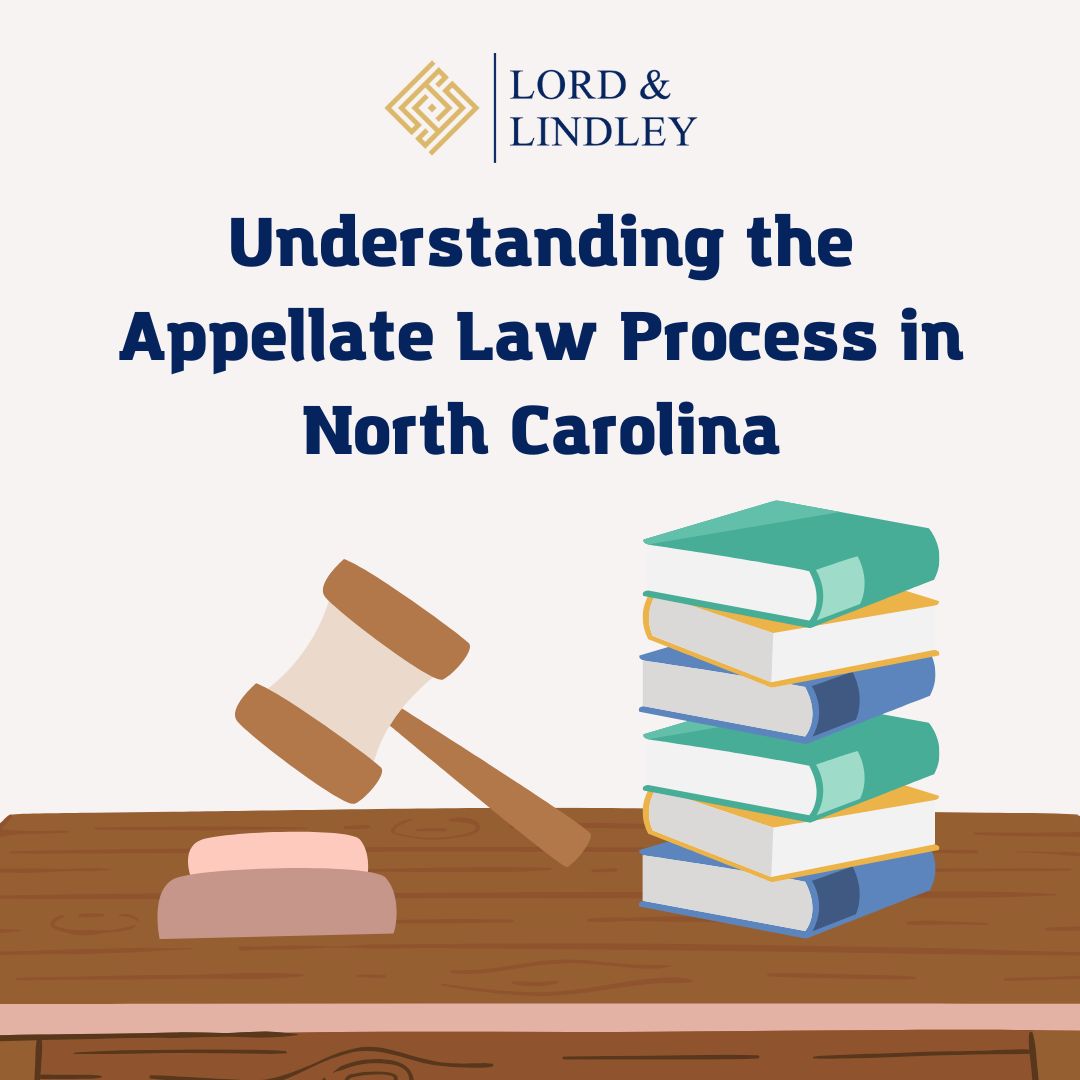
Navigating the appellate law process in North Carolina can be complex, but understanding the basics can help demystify the journey from trial court to appellate review. In North Carolina, the appellate process begins when a party files a Notice of Appeal. This must be done within a specific timeframe, typically thirty (30) days from the entry of the judgment or order being appealed. The Notice of Appeal is a critical document that must comply with the North Carolina Rules of Appellate Procedure, particularly Rule 3, which is jurisdictional. Failure to adhere to these rules can result in the dismissal of the appeal, as the appellate courts strictly enforce these requirements to ensure proper jurisdiction is established.
Once the Notice of Appeal is filed, the appellant must prepare the record on appeal, which includes all documents, evidence, and transcripts relevant to the case. This record is essential as it forms the basis upon which the appellate court will review the case. The appellant also submits a brief, a written argument that outlines the legal errors they believe occurred during the trial. The appellee, or the opposing party, will have the opportunity to respond with their own brief, defending the trial court’s decision. Both parties must adhere to strict formatting and length requirements as outlined in the North Carolina Business Court Rules.
The appellate court, which could be the North Carolina Court of Appeals or the Supreme Court of North Carolina, will review the briefs and the record on appeal and briefs. In some instances, the court may also hold oral arguments, allowing both parties to present their cases in person. However, the decision to hold oral arguments is at the discretion of the court. The appellate courts’ role is not to re-try the case but to determine whether legal errors were made that could have affected the outcome of the trial or, in certain instances, the appeal to the Court of Appeals. This review process is crucial in ensuring that justice is served and that the law is applied correctly.
Finally, the appellate court will issue a written opinion, which may affirm, reverse, or remand the case back to the trial court for further proceedings. This decision is binding and can have significant implications for the parties involved as well as precedential value. Understanding the appellate process is vital for anyone involved in litigation, as it provides a mechanism for correcting errors and ensuring that the legal process is fair and just. For more detailed guidance, parties are encouraged to consult with an experienced appellate attorney who can navigate the complexities of appellate law in North Carolina.
The attorneys at Lord & Lindley have significant experience in appellate law in North Carolina. If you need assistance with an appeal, please give us a call at 704-457-1010 to find out how we may be able to help you. For more information regarding our firm, attorneys, and practice areas, please visit our website at www.lordlindley.com.
